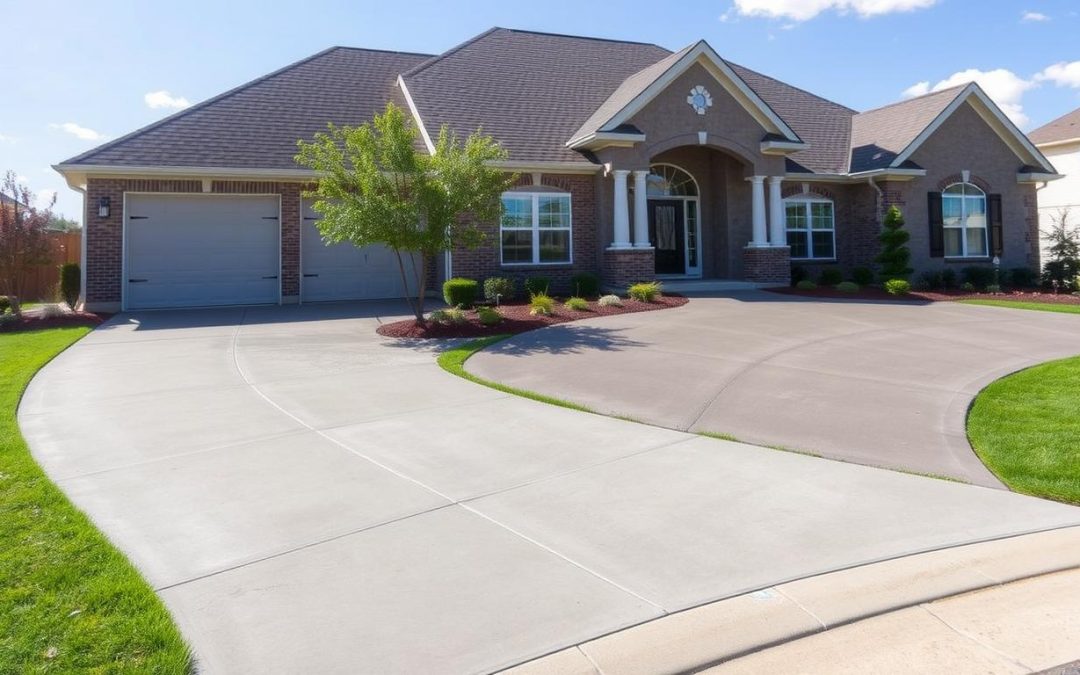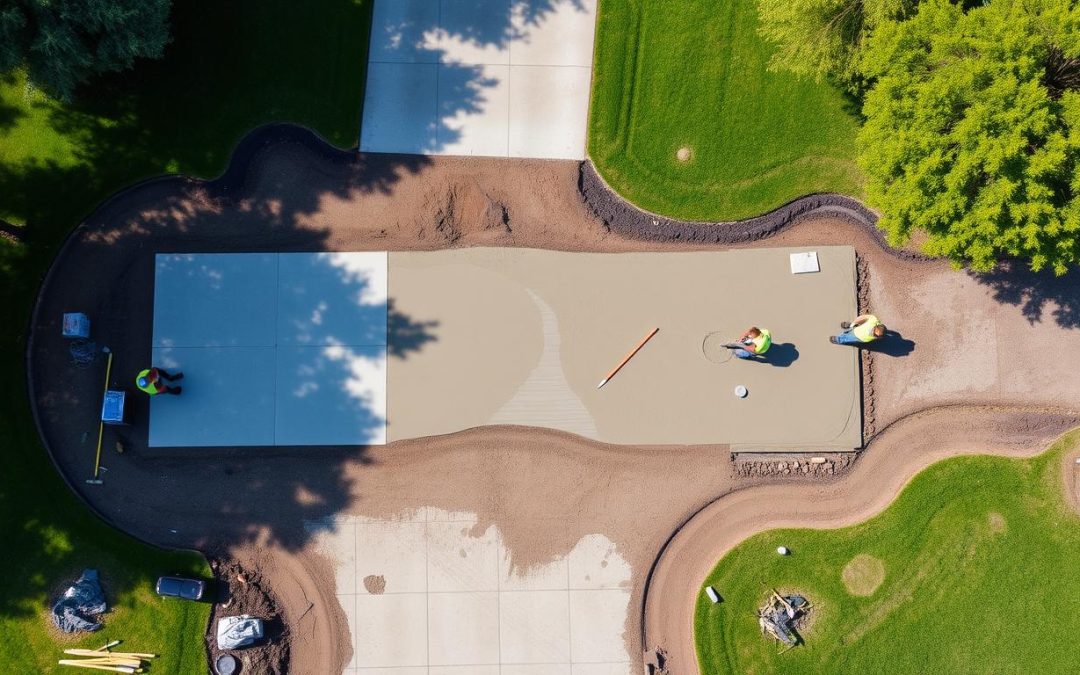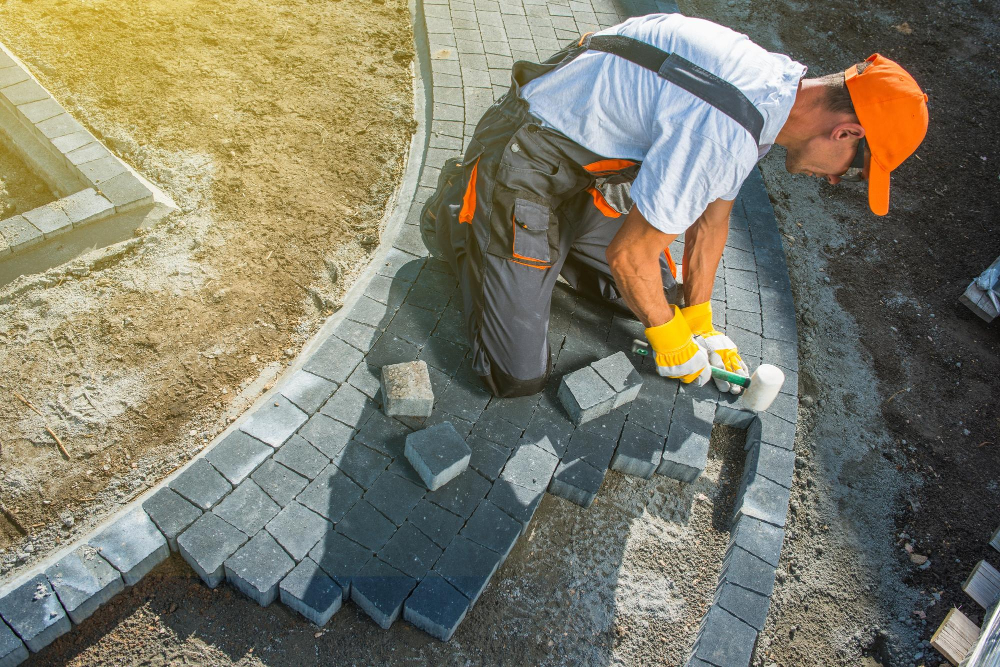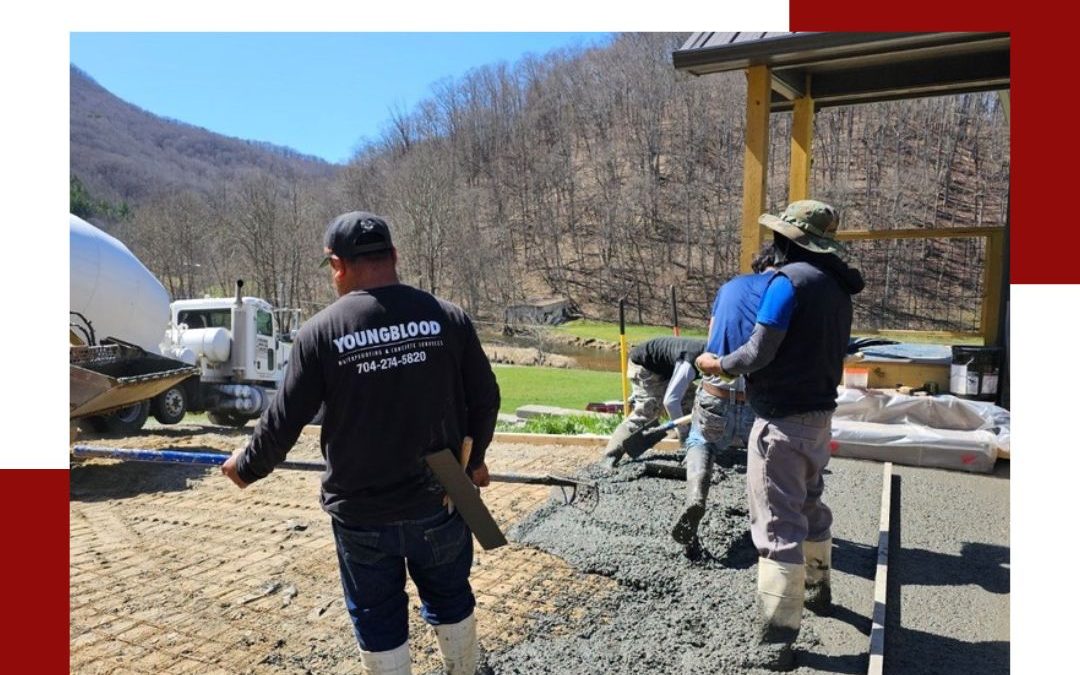Did you know 93% of American homes have a driveway? Choosing the right driveway material is key for your home's look and function. Concrete...


Did you know 93% of American homes have a driveway? Choosing the right driveway material is key for your home's look and function. Concrete...

Did you know a well-installed concrete driveway can last up to 50 years with little care? Concrete is very durable and long-lasting, making it a...

Are you a homeowner with a concrete driveway in need of repair? If so, chances are you've wondered, "How much will it cost?" Unfortunately, there's...

Concrete driveways are a great addition to any home, providing a durable surface for cars, bikes, and foot traffic. But how do you ensure your...

Choosing the right contractor for your concrete and waterproofing needs is about more than just finding someone to lay a slab or seal a wall. You...

When it comes to choosing the ideal material for your driveway, the decision often boils down to two contenders: concrete and asphalt. While both...